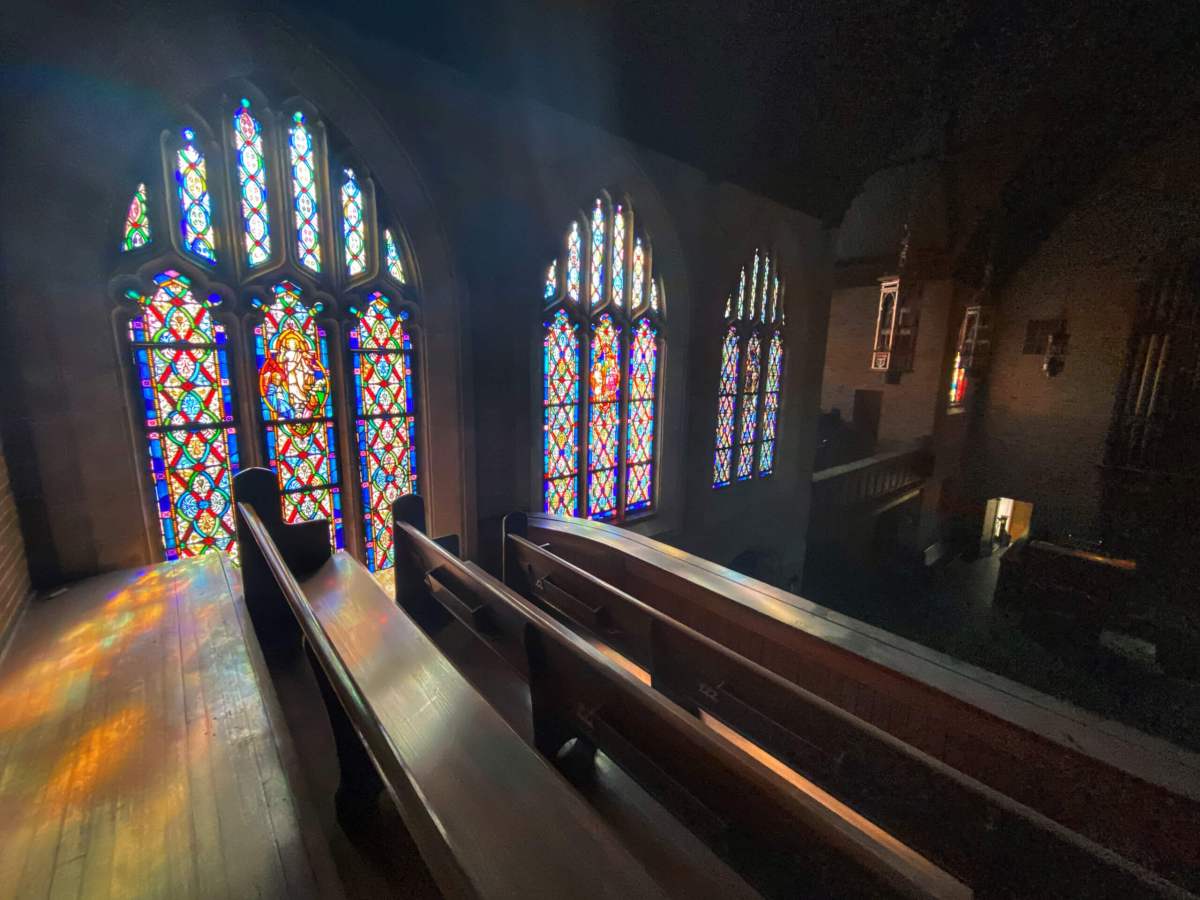It’s no secret that Americans’ relationship with religious institutions isn’t what it used to be.
According to Gallup, about 60 percent of Americans identified themselves as belonging to a church, synagogue or mosque In 2020, compared to 73 percent two decades earlier. The world is changing, and houses of worship must also change or risk fading into obsolesce.
Religious groups across New York City are some of the most reliable pillars of support for their communities. Faith-based organizations provide 40 percent of social services in major cities nationwide. For example, 50 houses of worship in New York have recently stepped up to support the city’s response to the migrant crisis.
Our congregations often do this work with little fanfare and often with even fewer financial resources than most people realize. Religious institutions of every faith are forced to make difficult decisions about allocating their scarce resources to best support their mission in the communities they serve.
Closer to home, this uncomfortable truth has been our reality at West Park Presbyterian Church, which has worshiped in the same building on the Upper West Side for over 140 years. Our congregation supported the nuclear disarmament movement in the 1980s, welcomed the LBGTQ+ community during the HIV/AIDS crisis, and helped our most vulnerable neighbors as the first kitchen for God’s Love We Deliver.
But our historic home has suffered from the ravages of time and the elements over the years. Pieces of our building’s facade were falling onto the sidewalk, forcing us to surround our church with a scaffolding that has been up for more than 20 years. The financial hardship of maintaining our building only worsened when we were landmarked against our will in 2010, killing our plan for adaptive reuse that could have restored much of the building while creating new housing. The building’s challenges also weighed heavily on the congregation, which has shrunk dramatically since the building was landmarked.
“With this building as a landmark, I will work to raise the necessary funds to restore the building,” wrote our Council Member Gale Brewer in 2010, pledging to help raise the $20 million needed for restoration when the City Council approved the landmarking. Sadly, those funds never materialized, even as the congregation sold all its other assets and let go of our pastor and staff to pay for more than $1 million in repairs.
After long and prayerful consideration, the congregation voted in 2020 to sell the building to avoid being bankrupted by the cost of maintaining a decaying landmark. Beyond the safety of our neighbors, our priority is creating a new space for worship and the arts while helping promote our congregation and the Presbytery’s mission. In 2022, we negotiated with Alchemy Properties to buy the building from our congregation for $33 million.
After paying our debts, most of the proceeds from the sale would be set aside to pay for programs provided by other Presbyterian churches across the city, extending West Park’s mission to some of the City’s most underserved neighborhoods. That money goes straight to including food pantries, soup kitchens, shelters and warming and cooling centers that their communities rely on and that they expect from our religious institutions. The funds would also help other aging churches comply with the City’s Green New Deal and fund studies for the adaptive reuse of older properties, such as for affordable housing.
The sale also gives our congregation funding to build out a modern space for the church equivalent in size to the current building’s sanctuary that we can design however we choose. We chose to create a new home to worship in, advance our social mission on behalf of our community, and nurture the creative expression of overlooked artistic voices.
Ultimately, a church isn’t just a building — a church is its people, and our congregation’s story isn’t over. If allowed to pursue our proposal, our congregation could use our proceeds to help the Presbytery redeploy those funds across the City’s most underserved neighborhoods. The sale of one building can give more houses of worship an opportunity to thrive. We can live up to the legacy of our predecessors and serve our fellow New Yorkers the way we have for generations.
Like many others, our congregation reveres our past, but we must also remain focused on the future. Many other congregations are in the same position we find ourselves in today, and they have an obligation to be prudent stewards of their most valuable assets. Religious institutions must strive to adapt without betraying the goodwill and trust of the communities that continue to rely on them for so many essential services.
Marsha Flowers is a ruling elder of the West Park Presbyterian Church and a founding board member of the Center at West Park.


































